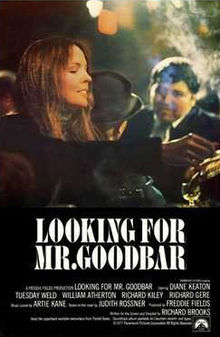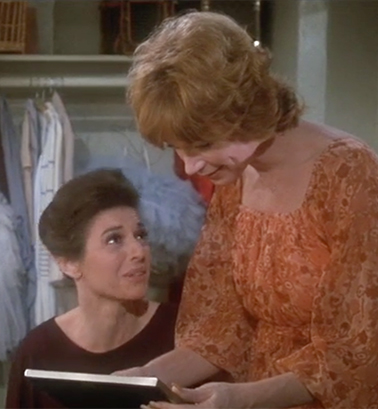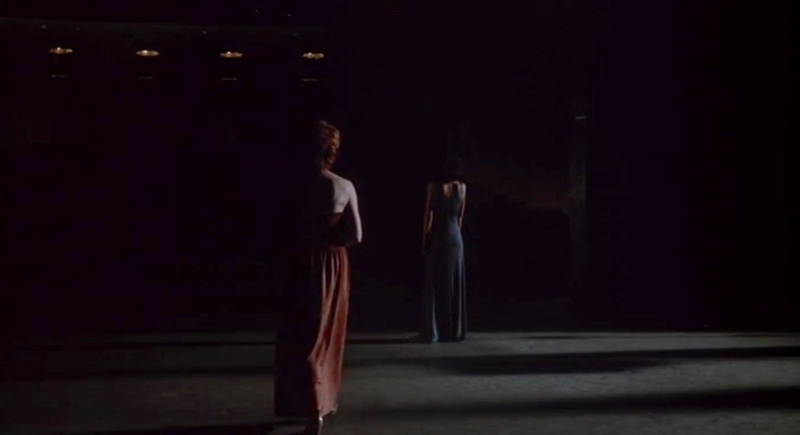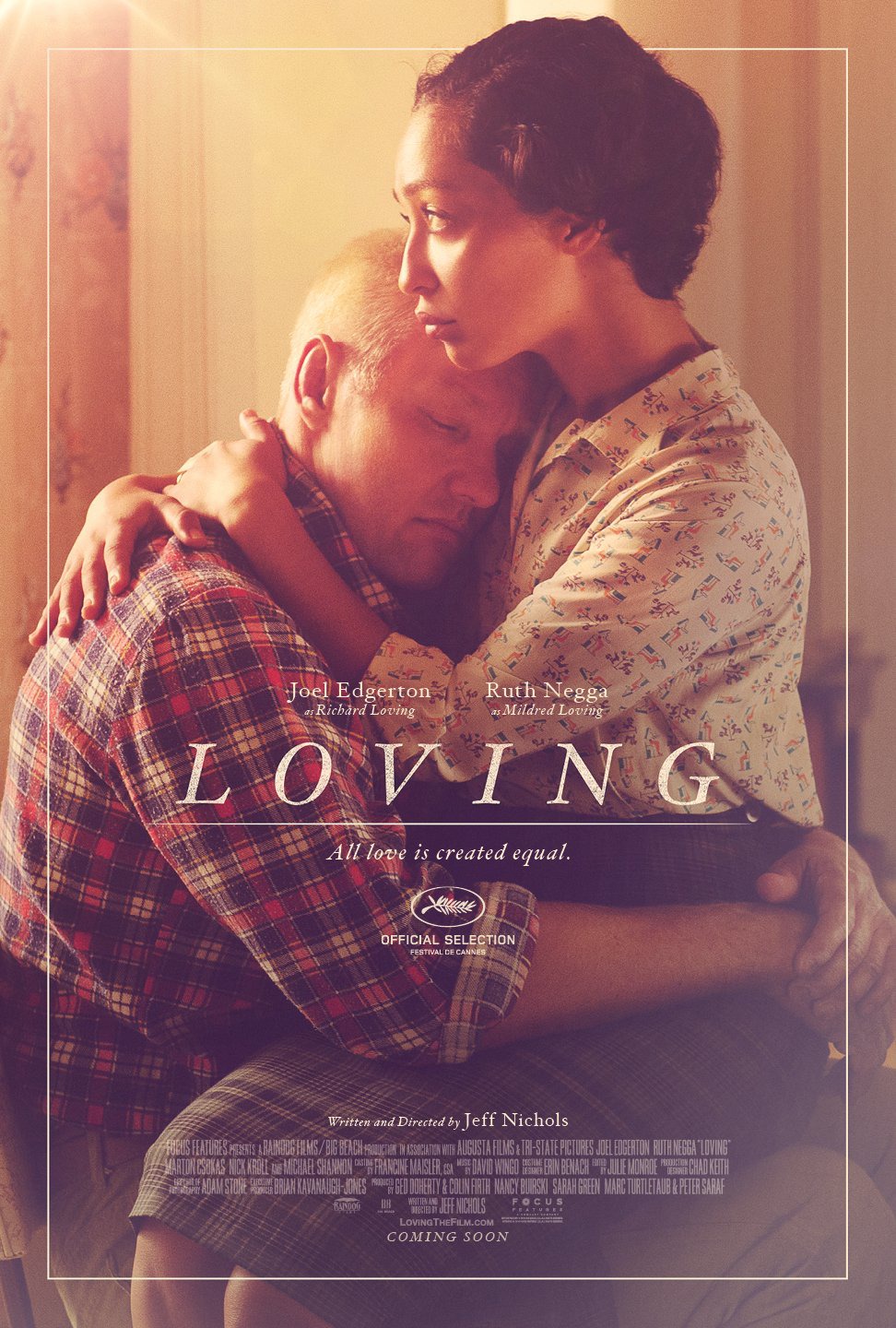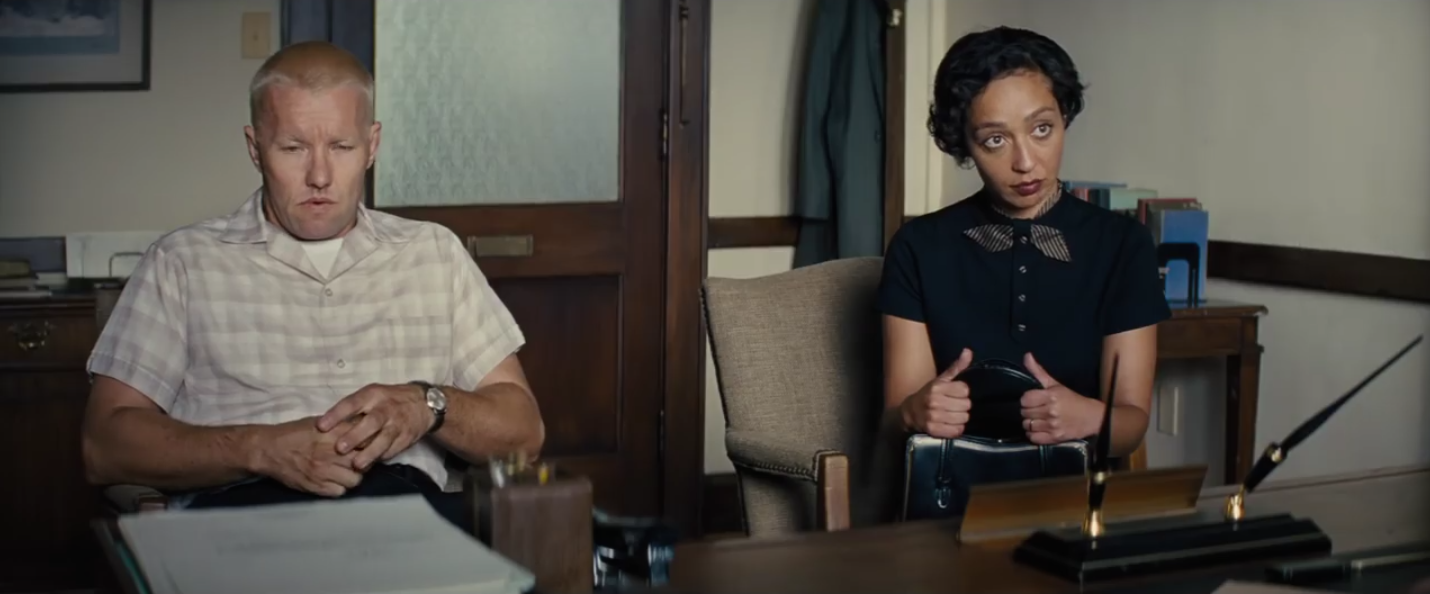Frances McDormand: from Blood Simple (1984) to Olive Kitteridge (2014)
 Wednesday, August 3, 2016 at 2:37PM
Wednesday, August 3, 2016 at 2:37PM 1984 is our year of the month for August. Here's Matthew Eng to talk about a treasured actor that made her on camera debut back then...
For the better half of her nearly four-decade film career, Meryl Streep has managed to compel generations of moviegoers to accept a self-styled character actress as not only an acting heroine for the ages but also a bona fide movie star with mass-market appeal and unimpeachable box office credentials. Like no other actress since Bette Davis, Streep has perfected a once-unfeasible practice of playing the sort of idiosyncratic women she has always drifted towards, but within the safe confines of midrange, studio-supported moviemaking that seems to satisfy audience expectations as well as her own.
Sometimes Streep’s projects—and, it must be said, Streep herself—can disappoint. For every quietly graceful gem (like her underrated Hope Springs performance) or skillfully uninhibited turn (as in the best passages of It’s Complicated), there are another two or three within Streep’s latter-day canon that could stand some sharper finesse or at least more dexterous directorial guidance. Whenever I’m let down to by Streep, I can’t help but wonder what one of her less-viable peers might do with the opportunities that are scarce for any actress born before the Kennedy administration and which Streep barely has to put up a fight for.
 The Beginning: Blood Simple (1984); The Most Recent Triumph: Olive Kitteridge (2014)
The Beginning: Blood Simple (1984); The Most Recent Triumph: Olive Kitteridge (2014)
For as long as I can remember, Frances McDormand has served as the purest and most intimidating embodiment of what a character actor should be. “That woman has no vanity,” my mom remarked with clear admiration after watching her in Lisa Cholodenko’s Olive Kitteridge, where McDormand delivers one of the decade’s most masterful star turns, a perfectly prickly meeting of actor and role that might have been a surefire Oscar winner had the project aimed for a bigger screen...



